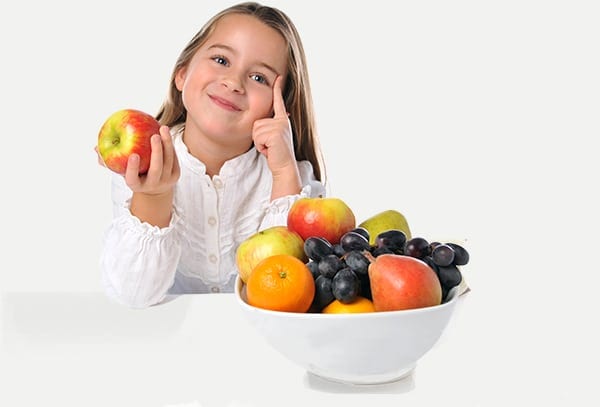- Home
- About
- Admissions
- Academics EDGE
Academics EDGE
Academics EDGE is our proprietary learning model, designed for each specific age range. Give your child a head start on a successful future.
- Families
- Resources
Resources
Explore our education programs for Infants, Toddlers, Preschool-age and School-age. See a selection of our locations, and the friendly, healthy learning environments we offer.
- Locations
Locations
Find the Academics PreKindergarten program that’s just right for your child. - Inquire Now


